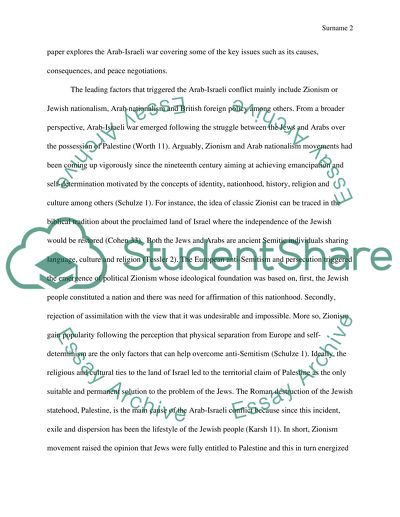Cite this document
(“The Arab-Israeli Conflict Research Paper Example | Topics and Well Written Essays - 2000 words”, n.d.)
Retrieved from https://studentshare.org/military/1646206-the-arab-israeli-conflict
Retrieved from https://studentshare.org/military/1646206-the-arab-israeli-conflict
(The Arab-Israeli Conflict Research Paper Example | Topics and Well Written Essays - 2000 Words)
https://studentshare.org/military/1646206-the-arab-israeli-conflict.
https://studentshare.org/military/1646206-the-arab-israeli-conflict.
“The Arab-Israeli Conflict Research Paper Example | Topics and Well Written Essays - 2000 Words”, n.d. https://studentshare.org/military/1646206-the-arab-israeli-conflict.


